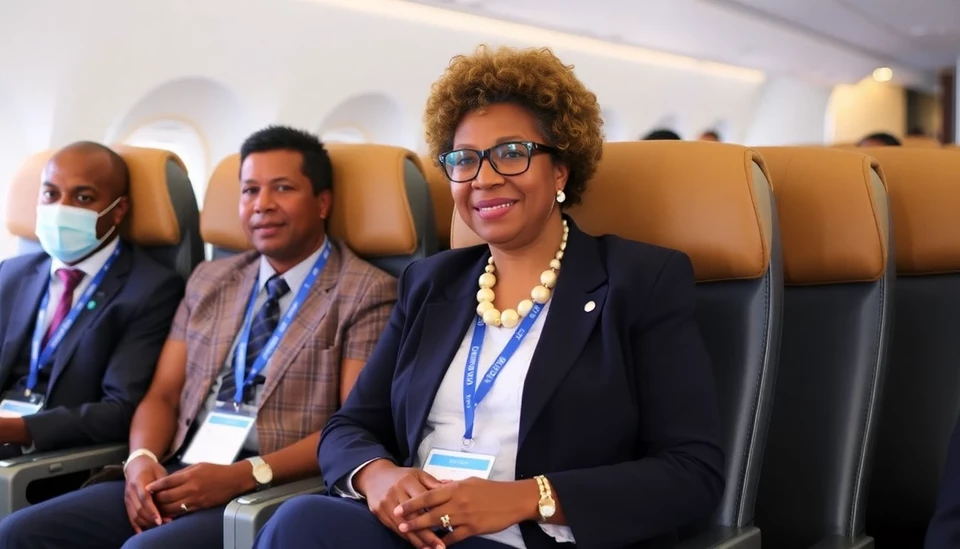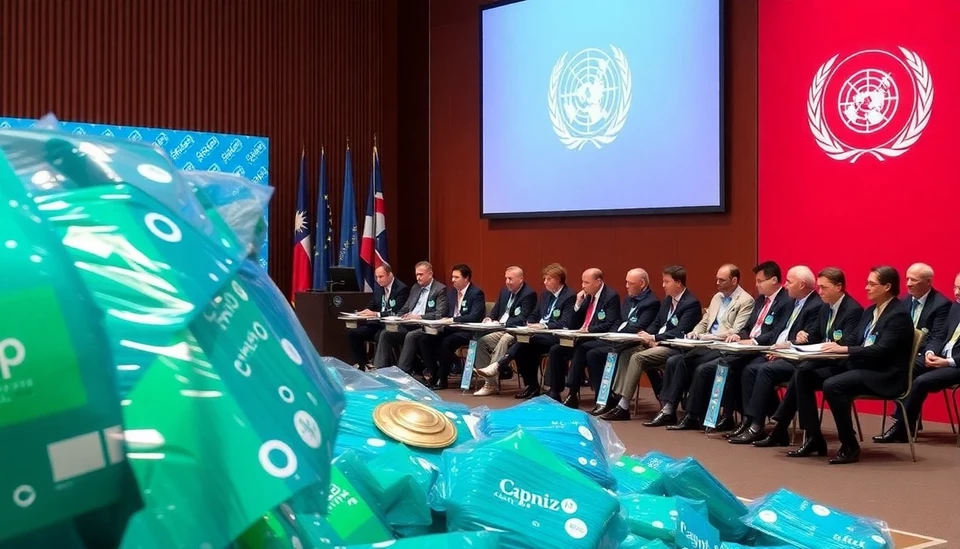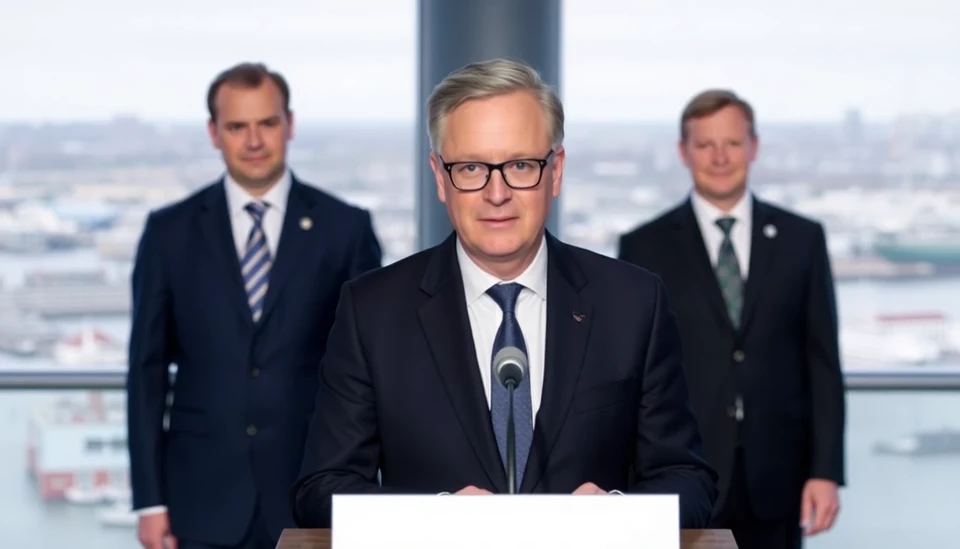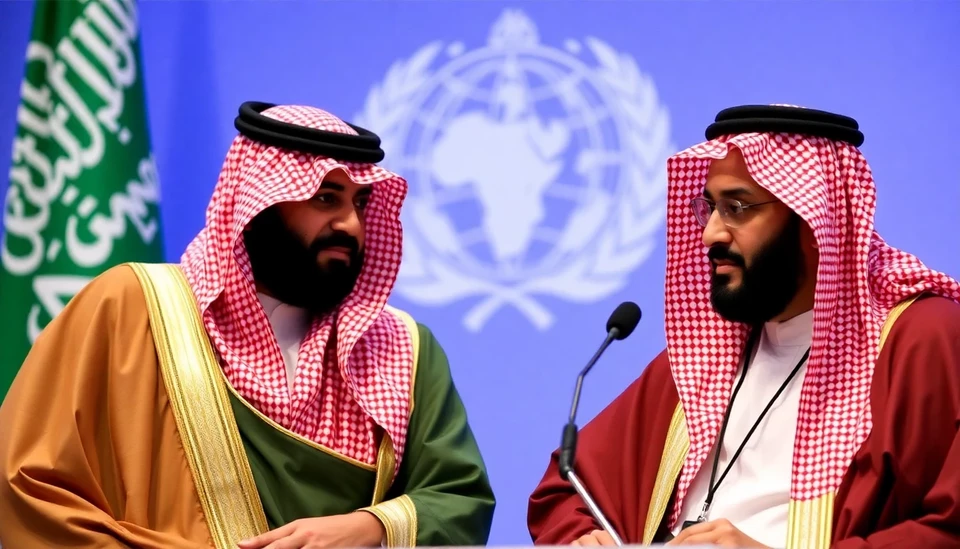
At the climate conference COP29, Barbadian Prime Minister Mia Mottley presented a groundbreaking proposal aimed at addressing the urgent need for climate finance. Her initiative targets the aviation sector, suggesting an additional levy on business-class flights, as well as taxing financial transactions, to support countries vulnerable to climate change impacts.
Mottley's proposal comes in the context of a continued struggle against global warming and its detrimental effects, particularly on small island nations and developing countries. By introducing a tax on premium travel, Mottley seeks to generate funds that could be redirected towards climate adaptation and mitigation strategies in vulnerable nations.
The need for such innovative funding mechanisms has grown increasingly urgent, with developing nations often lacking the financial resources to combat the effects of climate change. Mottley's vision encourages higher-income travelers and corporations to contribute more significantly to the global climate fund, thereby alleviating some of the burdens faced by the most affected populations.
During her speech, Mottley emphasized that the time for half-measures has passed. She called for concrete actions and accountability from wealthier nations, urging them to uphold their commitments to climate financing. According to her, addressing the climate crisis requires more than just promises; it demands actionable policies that foster real change.
The proposition of a tax on business-class flights aligns well with international trends of seeking sustainable funding solutions. This approach not only targets the affluent travelers who contribute disproportionately to carbon emissions but also exemplifies a commitment to equitable climate actions that prioritize those who are most vulnerable.
Furthermore, Mottley’s proposal highlights the role of states and organizations in championing innovative approaches to climate finance. As the discussion on climate change continues to evolve globally, her suggestions could pave the way for greater dialogue surrounding equitable contributions to climate adaptation efforts.
This proposal has garnered support from other leaders and environmental advocates who recognize the need for a radical shift towards funding mechanisms that are both effective and just. The ramifications of climate change affect all countries, though the burden is often carried by the most disadvantaged populations. Mottley’s tax initiative could set a precedent for future actions in the realm of global climate policy.
As COP29 progresses, Mottley’s call for a more equitable system in climate financing will likely spark further discussions, with the potential to reshape how nations contribute to combating climate change and supporting those on the frontlines of its impacts.
In conclusion, Mia Mottley’s proposal for a levy on business-class flights unveils a significant step towards innovative financing for climate initiatives, inviting global leaders to rethink how they can genuinely support vulnerable nations facing the relentless challenge of climate change.
Hashtags:
#COP29 #ClimateChange #MiaMottley #ClimateFinance #SustainableDevelopment #AviationTax #FinancialFairness
Author: Megan Clarke




